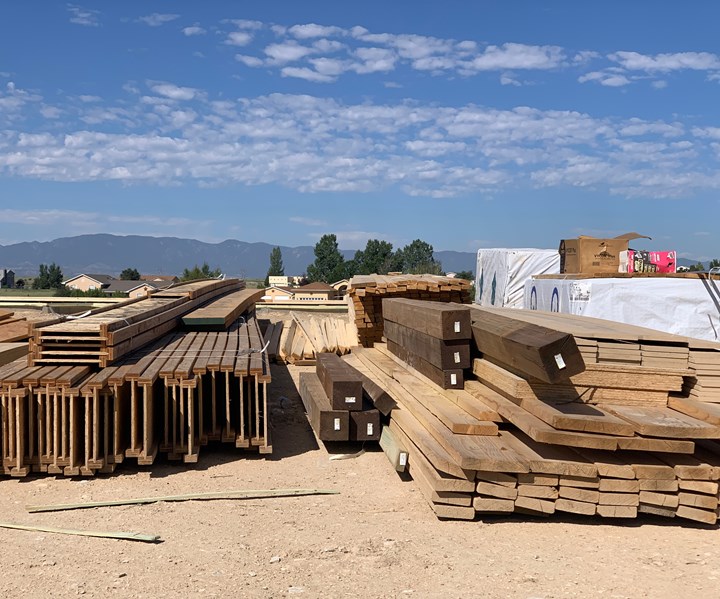The Benefits of Using Composites in Construction Products
The Benefits of Using Composites in Construction Products
Blog Article
Checking Out the Uses and Advantages of Recycled Composites in Modern Industries
The amalgamation of recycled materials with sophisticated composite modern technologies presents an appealing avenue for improving sustainability, strength, and cost-efficiency throughout numerous industries. As markets seek ingenious remedies to address environmental issues and enhance operational efficiencies, the unification of recycled composites arises as an engaging choice.
Ecological Advantages of Recycled Compounds
The application of recycled compounds in modern industries provides considerable environmental benefits, adding to the decrease of waste and the preservation of natural resources. By integrating recycled composites right into manufacturing processes, markets can reduce their reliance on virgin materials, thus minimizing the amount of waste generated and the energy needed for removal and manufacturing. This change towards making use of recycled compounds aids in drawing away products from land fills, alleviating the burden on waste monitoring systems, and decreasing greenhouse gas exhausts connected with conventional manufacturing techniques.
Furthermore, using recycled composites advertises the conservation of natural sources such as wood, minerals, and water, which are commonly depleted through the removal and processing of raw products (composites). By prolonging the life expectancy of materials via recycling, markets can help maintain communities and biodiversity by reducing the need for new resources. On the whole, the adoption of recycled compounds in modern-day markets plays a critical duty in promoting sustainability and minimizing the ecological effect of manufacturing processes
Boosted Longevity in Item Manufacturing
With an emphasis on durability and robustness, including recycled composites into product production procedures improves sturdiness and sustainability. By utilizing recycled compounds, producers can create products that are not just strong however likewise immune to use and tear, making them optimal for long-term usage in various markets. The mix of different products in recycled compounds can typically result in improved strength and sturdiness contrasted to conventional products, offering a cost-effective option for generating lasting products.
Among the vital advantages of utilizing recycled compounds in item production is the capacity to tailor the material homes to fulfill specific sturdiness requirements. By adjusting the composition and manufacturing methods, makers can tailor the recycled composites to stand up to rough environmental problems, heavy loads, or regular use without endangering on efficiency. This adaptability in design and production allows for the creation of highly resilient products that preserve their integrity in time, minimizing the demand for regular substitutes and eventually adding to a more lasting manufacturing process.
Cost-Effectiveness and Financial Benefits
Incorporating recycled composites into item manufacturing not just boosts toughness and sustainability however additionally uses substantial cost-effectiveness and economic advantages. Using recycled compounds can bring about reduced material expenses as recycled products are usually less costly than virgin products. In addition, reusing composite products can lower waste disposal costs and lower the demand for land fill space, adding to general expense savings for markets.

Technology and Layout Adaptability With Recycled Composites
Utilizing recycled compounds in contemporary sectors offers exceptional opportunities for technology and layout versatility. By including recycled products right into composite manufacturing procedures, business can press the limits of typical layout restrictions and explore new possibilities. The versatility of recycled composites enables the production of complicated forms and structures that could not be achievable with traditional materials.
Among the key advantages of recycled composites is their capability to be molded right into various types, giving designers the freedom to experiment with special shapes and dimensions. composites. This flexibility opens up a globe of innovative opportunities, making it possible for the development of light-weight yet sturdy products that fulfill the specific demands of different industries
Moreover, making use of recycled composites advertises lasting practices and supports the round economic situation by minimizing waste and minimizing the environmental effect of making processes. This focus on eco-friendly layout solutions aligns with the growing pattern in the direction of sustainability in modern-day industries, making recycled composites an important source for cutting-edge and forward-thinking companies.
Applications Throughout Numerous Industries
Recycled composites find diverse and impactful applications across a large range of sectors due to their unique residential or commercial properties and sustainability advantages. In the vehicle field, these products are increasingly used for manufacturing light-weight and durable components, Look At This enhancing gas performance and lowering carbon exhausts. The aerospace sector take advantage of recycled compounds in the production of aircraft components, where the products' strength-to-weight proportion is crucial for guaranteeing safety and performance. In building and construction, these compounds are used for producing strong yet environmentally friendly building products, adding to sustainable facilities advancement. The renewable resource field uses recycled composites in wind turbine blades and solar panels, using their stamina and resistance to severe environmental problems. Additionally, the marine industry makes use of these materials for manufacturing watercraft hulls and elements, using enhanced toughness and rust resistance. The versatility and sustainability of recycled compounds make them important across different industries, driving technology and environmental stewardship. More Info composites.
Final Thought
Finally, the application of recycled composites in modern-day industries provides considerable ecological benefits, boosted toughness in product manufacturing, cost-effectiveness, and financial benefits. Furthermore, the usage of recycled composites enables technology and design versatility throughout various industries. Generally, the fostering of recycled compounds offers a lasting and practical option for satisfying the demands of the industry while additionally reducing environmental impact.

One of the essential advantages of using recycled compounds in product manufacturing is the capacity to tailor the material properties to fulfill certain sturdiness requirements. Making use of recycled compounds can lead to decreased material prices as recycled products are commonly less pricey than virgin materials. The aerospace industry advantages from recycled composites in official website the production of airplane parts, where the products' strength-to-weight ratio is crucial for guaranteeing safety and security and performance.
Report this page